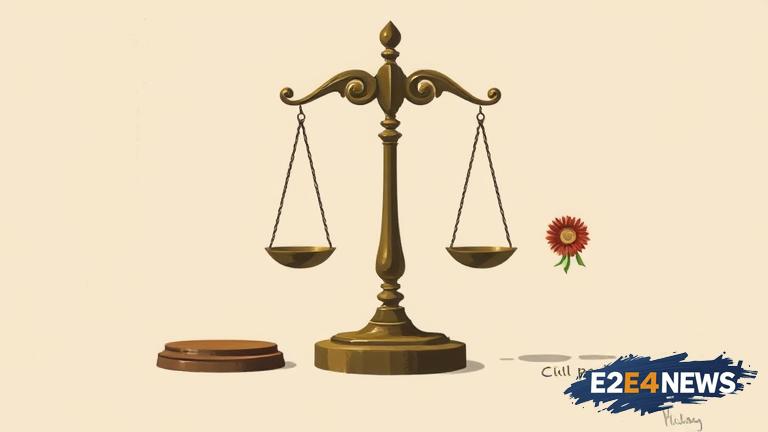The concept of double jeopardy is a fundamental principle in the US criminal justice system, protecting individuals from being tried twice for the same offense. However, a recent court decision has brought attention to the complexities of double jeopardy sentencing, highlighting the need for clarity and consistency in its application. The case in question involved a defendant who was retried and sentenced for a crime after the initial conviction was overturned on appeal. The defendant argued that the retrial and subsequent sentencing constituted double jeopardy, violating their constitutional rights. The court’s decision to allow the retrial and sentencing has sparked debate among legal experts, with some arguing that it undermines the principles of double jeopardy. Others contend that the decision is necessary to ensure justice is served and that defendants are held accountable for their crimes. The double jeopardy clause, found in the Fifth Amendment of the US Constitution, states that no person shall be twice put in jeopardy of life or limb for the same offense. This clause is designed to prevent the government from repeatedly prosecuting an individual for the same crime, thereby protecting them from harassment and abuse of power. Despite its importance, the application of double jeopardy can be complex, particularly in cases where the initial conviction is overturned on appeal. In such instances, the question arises as to whether the defendant can be retried for the same offense without violating the double jeopardy clause. The Supreme Court has addressed this issue in several landmark cases, including United States v. Scott and United States v. Tateo. In these cases, the Court established that a defendant can be retried for the same offense if the initial conviction is overturned due to a procedural error or if the defendant appeals the conviction and it is subsequently reversed. However, the Court has also emphasized that the double jeopardy clause is not a mere technicality, but a fundamental right that must be protected. The recent court decision has implications for defendants, prosecutors, and the broader criminal justice system. For defendants, the decision highlights the importance of understanding their rights and the potential consequences of appealing a conviction. For prosecutors, the decision underscores the need to carefully consider the implications of retrying a defendant for the same offense. The decision also raises questions about the role of appellate courts in reviewing convictions and ensuring that justice is served. Furthermore, the case has sparked a wider debate about the fairness and effectiveness of the criminal justice system. Some argue that the system is biased against defendants, particularly those from marginalized communities, and that the double jeopardy clause is essential for protecting their rights. Others contend that the system is designed to protect the rights of victims and that the double jeopardy clause can be used to evade justice. As the debate continues, it is essential to consider the historical context of the double jeopardy clause and its evolution over time. The clause has its roots in English common law and was incorporated into the US Constitution to prevent the government from abusing its power. Over the years, the Supreme Court has refined the application of the clause, establishing clear guidelines for its interpretation. Despite these developments, the double jeopardy clause remains a complex and contested issue, with ongoing debates about its scope and application. In conclusion, the recent court decision on double jeopardy sentencing highlights the complexities and challenges of applying this fundamental principle of criminal law. As the legal community continues to grapple with the implications of this decision, it is essential to prioritize the protection of defendants’ rights while ensuring that justice is served. The case serves as a reminder of the importance of ongoing legal education and training, as well as the need for clarity and consistency in the application of the double jeopardy clause. Ultimately, the double jeopardy clause is a critical component of the US criminal justice system, and its proper application is essential for upholding the principles of justice and fairness. The decision is likely to have far-reaching implications for the criminal justice system, and its impact will be closely watched by legal experts and scholars. The case also underscores the importance of appellate courts in reviewing convictions and ensuring that justice is served. The double jeopardy clause is a fundamental right that must be protected, and its application must be carefully considered in each case. The recent court decision is a significant development in the ongoing debate about the double jeopardy clause, and its implications will be felt for years to come. The case has sparked a wider debate about the fairness and effectiveness of the criminal justice system, and it highlights the need for ongoing reform and improvement. The double jeopardy clause is a critical component of the US criminal justice system, and its proper application is essential for upholding the principles of justice and fairness.
